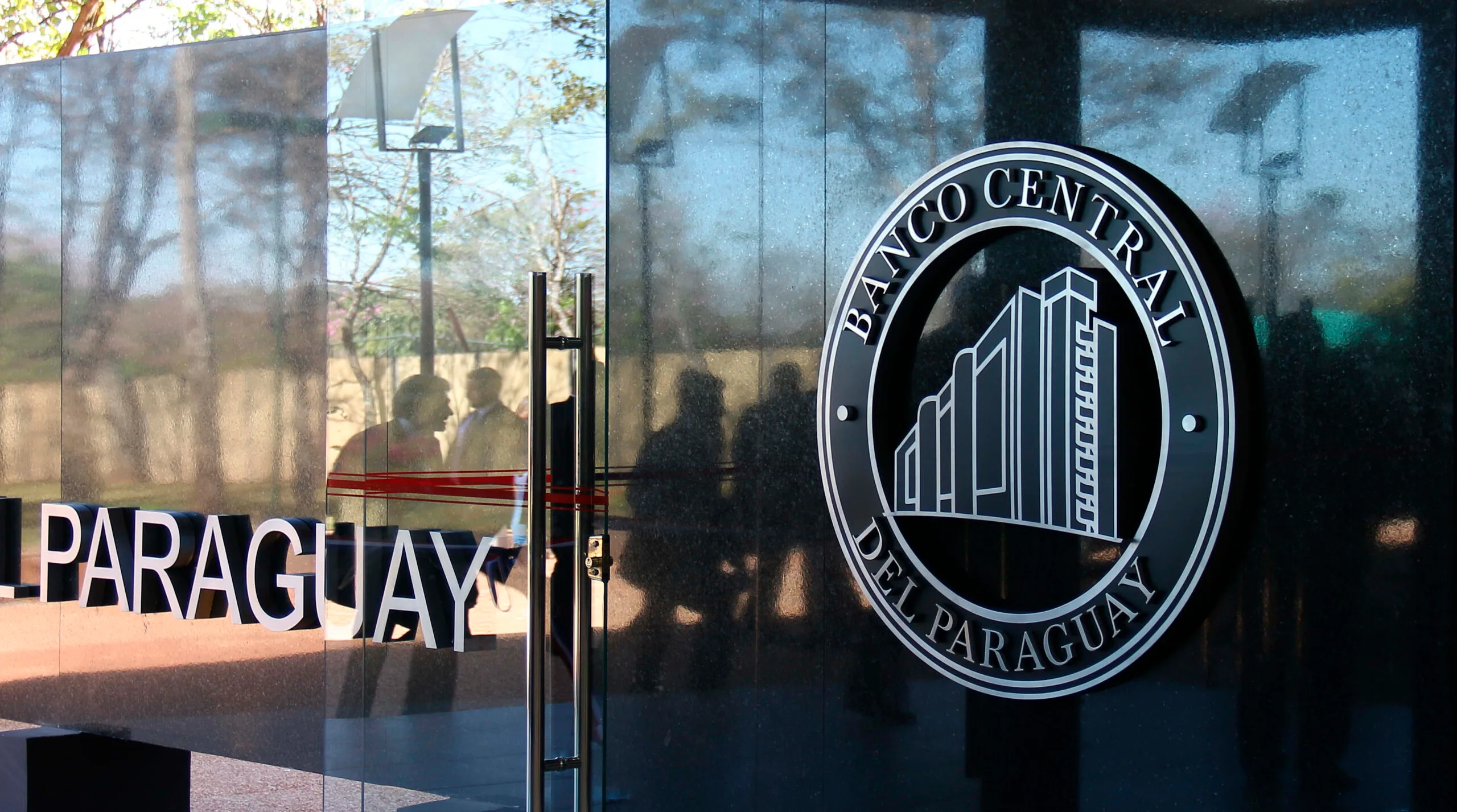Paraguay’s total exports fell to $15.84 billion in 2024, a 7.7% decrease from 2023. The Banco Central de Paraguay (BCP) released this data on Monday. Imports rose by 3.6% to $16.38 billion. This shift created a trade deficit of $538.8 million, contrasting with 2023’s surplus.
The country’s foreign trade transactions totaled $32.22 billion in 2024. This marks a 2.3% reduction compared to December 2023. Primary product exports dropped to $4.03 billion, down 12.6% from the previous year. Corn and soybeans were the main contributors to this decline.
The volume of primary product exports decreased by 56,700 tons, a 0.5% contraction. Corn had the most significant negative impact on total export volume. Electricity exports fell by 25.5% in value to $1.15 billion. The volume of electricity exports plummeted by 51.4% to 15,711.2 MW/h.
Beef exports bucked the trend, rising 12.4% to $1.72 billion. The volume of beef exports increased by 7.6% compared to December 2023. This growth in the meat sector provides a silver lining to an otherwise challenging export landscape.
 Paraguay’s Exports Drop 7.7% in 2024, Trade Deficit Emerges. (Photo Internet reproduction)
Paraguay’s Exports Drop 7.7% in 2024, Trade Deficit Emerges. (Photo Internet reproduction)These figures reveal a complex economic picture for Paraguay. The decline in exports, particularly in primary products and electricity, suggests potential challenges in these sectors. However, the growth in beef exports indicates resilience in the meat industry.
The shift from a trade surplus to a deficit raises questions about Paraguay’s trade balance. This change may prompt a reevaluation of trade policies and economic strategies. The government might need to explore ways to boost exports and manage import growth.
Paraguay’s Exports Drop 7.7% in 2024, Trade Deficit Emerges
Paraguay’s economic performance in 2024 reflects broader global trends. Fluctuations in commodity prices and changing demand patterns likely influenced these results. The country’s ability to adapt to these changes will be crucial for its economic future.
The data highlights the importance of diversification in Paraguay’s export portfolio. Reliance on primary products and electricity exports leaves the economy vulnerable to market fluctuations. Strengthening other sectors could provide more stability.
As Paraguay navigates these economic challenges, policymakers face important decisions. Balancing support for traditional export sectors with investment in new areas will be key. The country’s economic resilience will depend on its ability to adapt to changing global market conditions.

 By The Rio Times | Created at 2025-01-14 07:32:39 | Updated at 2025-01-17 20:42:17
3 days ago
By The Rio Times | Created at 2025-01-14 07:32:39 | Updated at 2025-01-17 20:42:17
3 days ago








